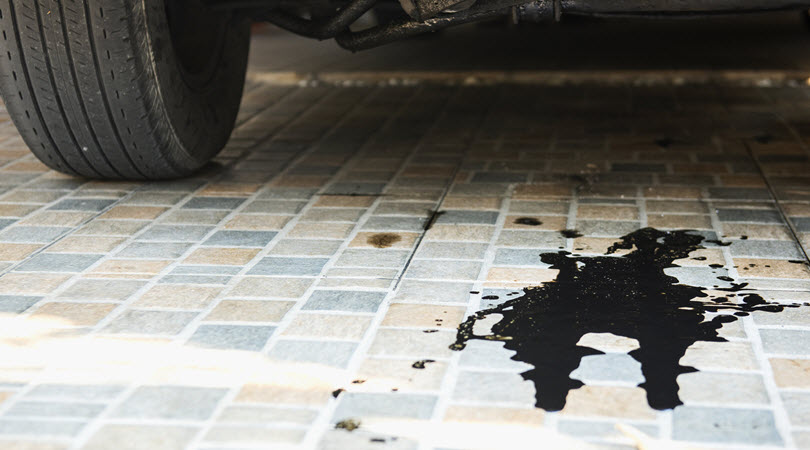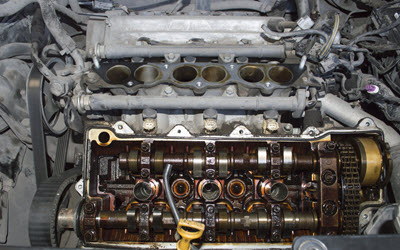
Volkswagens are notoriously reliable vehicles, but even the most reliable of brands can occasionally experience part failure, which is why it is important for car owners to be familiar with the essential parts in their engine. Many times, catching part failures early can save you money and trouble in the long run.
Valve cover gaskets are an essential component of the internal combustion engine found in most vehicles, including Volkswagen models. These gaskets are responsible for sealing the area between the cylinder head and the valve cover, preventing oil leaks and ensuring that the engine operates smoothly.
However, like all mechanical parts, valve cover gaskets can fail over time, leading to various problems with the engine. If you own a Volkswagen, it is essential to be aware of the signs of valve cover gasket failure to prevent further damage to your vehicle.
Signs of Valve Cover Gasket Failure to Look For
One of the most obvious signs of valve cover gasket failure is an oil leak. If you notice oil pooling under your car or a decrease in oil level, it could be a sign that the valve cover gasket is failing. This can be caused by a variety of factors, including age, exposure to high heat, or damage from impact. If the gasket is not sealing properly, oil can escape from the engine, leading to a decrease in oil level and potentially causing engine damage.
Another common sign of valve cover gasket failure is engine misfiring or reduced performance. If the gasket is not sealing properly, oil can enter the combustion chamber, leading to engine misfiring or reduced performance. This can manifest as a rough idle, stalling, or difficulty starting the vehicle. In severe cases, engine misfiring can lead to damage to the spark plugs, which can be costly to replace.
Excessive oil consumption is also a potential sign of valve cover gasket failure. If you notice that you need to add oil more frequently than usual, it could be a sign that the gasket is not sealing properly, causing oil to be burned off in the combustion process. This can lead to a decrease in fuel efficiency and increased costs for oil changes.
Another indicator of valve cover gasket failure is an increase in engine noise. If the gasket is not sealing properly, it can allow air to enter the engine, leading to an increase in engine noise. This can manifest as a knocking or tapping noise that may be more noticeable at certain RPMs. If you notice an increase in engine noise, it is essential to have the issue addressed as soon as possible to prevent further damage to the engine.
What to Do When Your Valve Cover Gasket Fails
If you notice any of these symptoms, it is essential to have your Volkswagen inspected by a professional mechanic as soon as possible. If the valve cover gasket is indeed failing, it is essential to have it replaced to prevent further damage to the engine. The cost of replacing a valve cover gasket can vary depending on the make and model of the vehicle and the severity of the problem. However, it is generally a less expensive repair compared to the cost of fixing engine damage caused by a failed gasket.
Bring Your Volkswagen to Carotech Automotive
Finding an automotive specialist that you trust can be daunting, especially if you are uncertain of the exact nature of an issue with your car.  If you are living in or around Los Angeles, CA, and think that your valve cover gasket may have failed, Carotech Automotive is here to help. Every technician at Carotech is ASE certified, highly experienced in diagnosing and fixing all types of vehicle problems, and friendly personable customer service.
If you are living in or around Los Angeles, CA, and think that your valve cover gasket may have failed, Carotech Automotive is here to help. Every technician at Carotech is ASE certified, highly experienced in diagnosing and fixing all types of vehicle problems, and friendly personable customer service.
We specialize in almost every type of repair, from replacing valve cover gaskets to performing full engine overhauls. If you suspect that your valve cover gasket has failed, don’t wait – pick up the phone or head on over to our shop today to prevent further (more expensive) damage to your engine. Our friendly staff will be more than happy to help get you back on the road feeling confident in your Volkswagen’s reliability!





Recent Comments